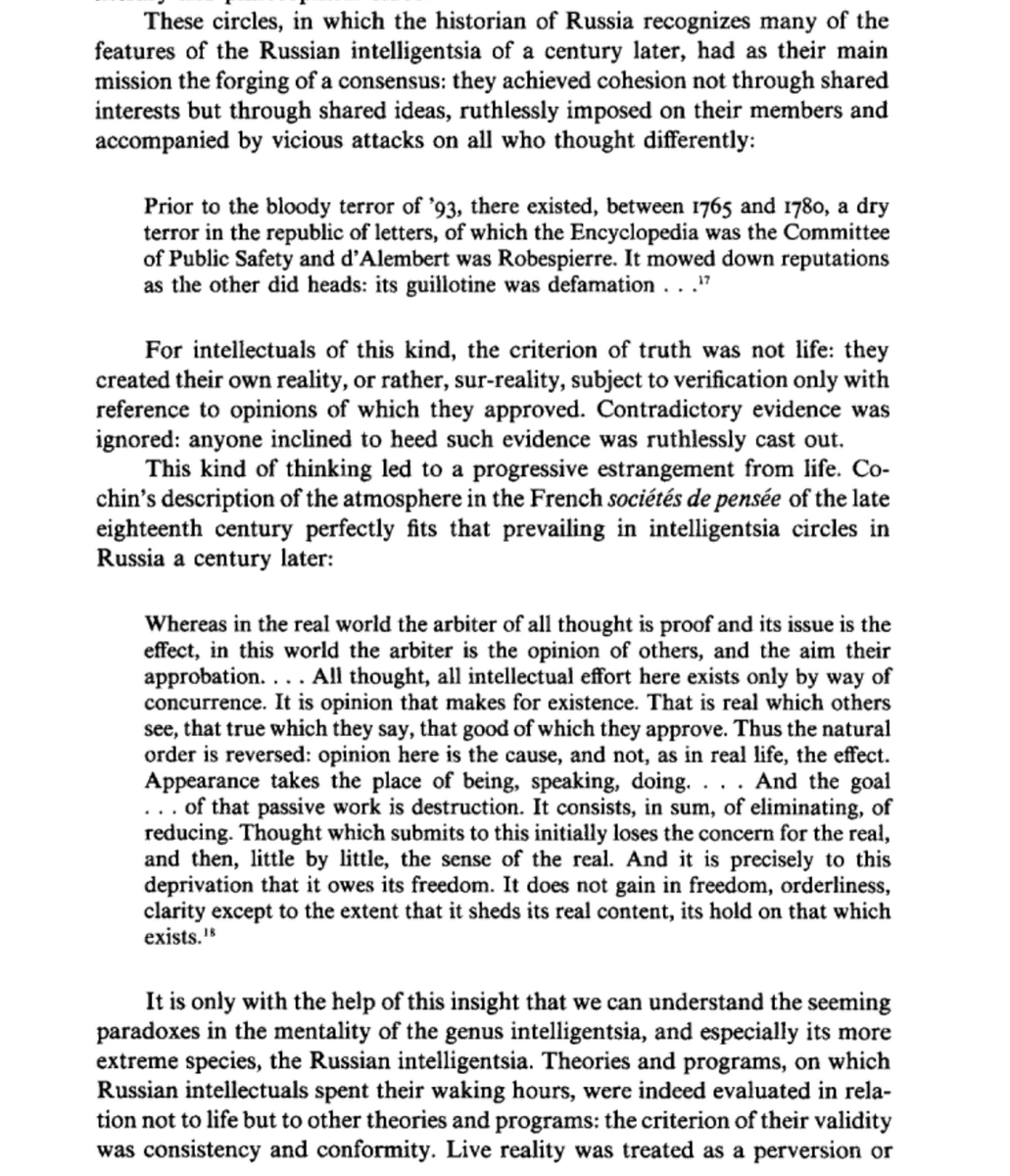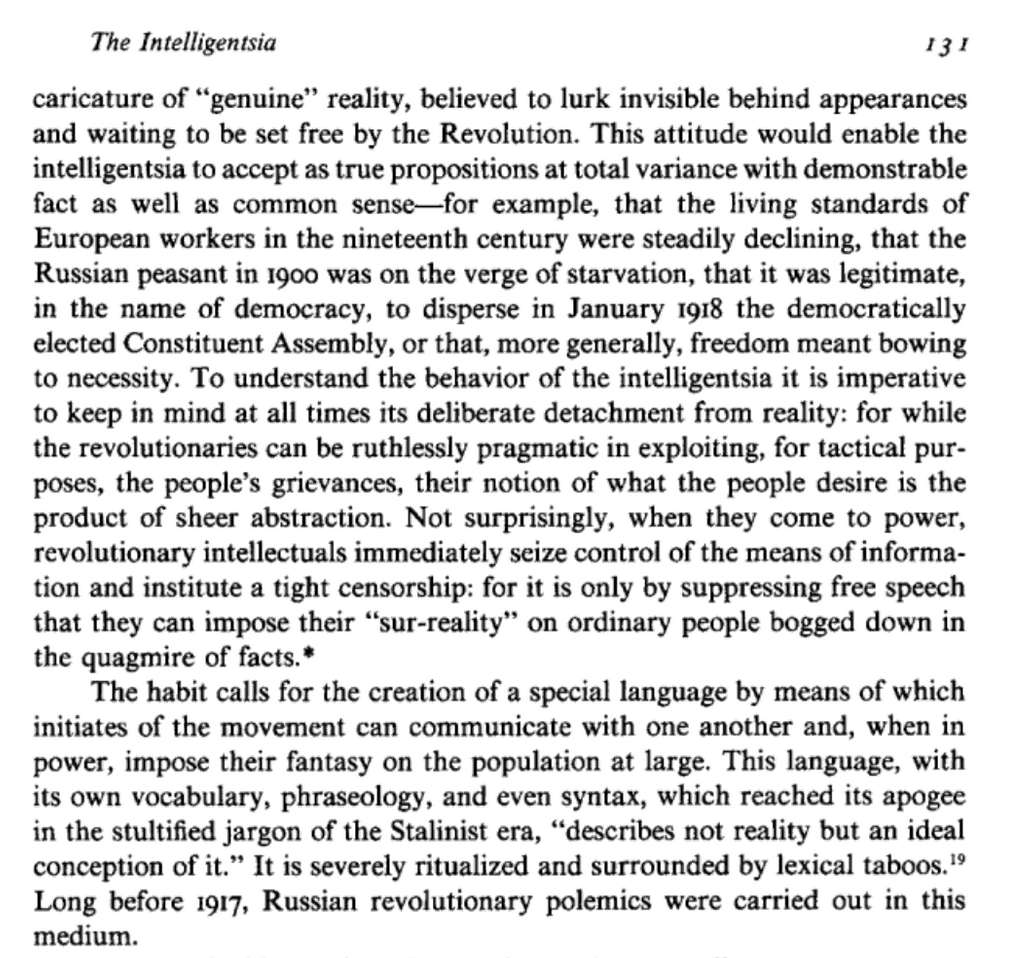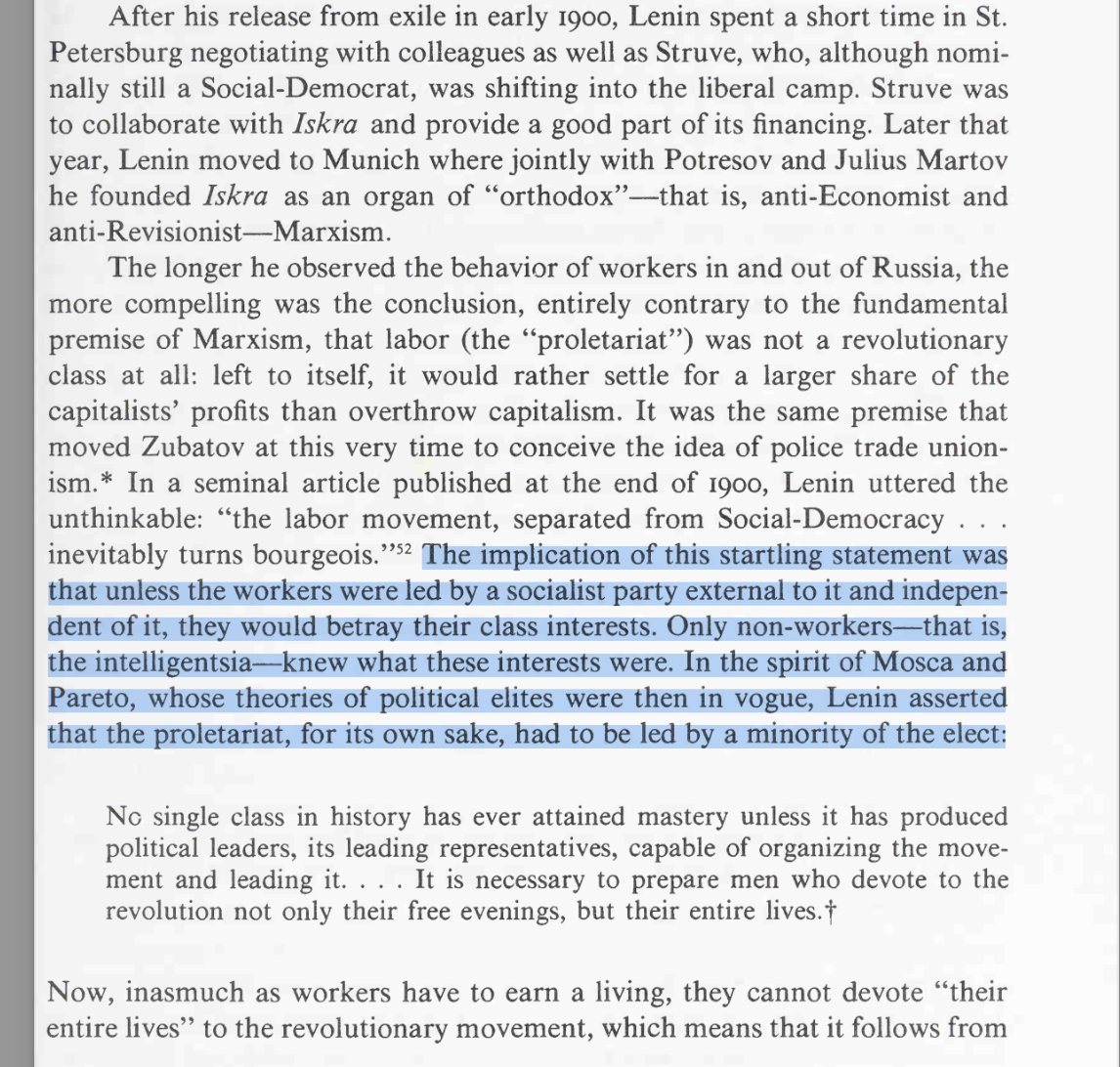Mini book reviews of recent stuff I read
- Guns of August by Barbara Tuchman (9/10)
loved it as teen, glad to see young me was right.
Arrogant & petulant monarchs, bureaucratic certainty, ideological rigidity. What could possible go wrong? Just millions dead. That’s all
- Guns of August by Barbara Tuchman (9/10)
loved it as teen, glad to see young me was right.
Arrogant & petulant monarchs, bureaucratic certainty, ideological rigidity. What could possible go wrong? Just millions dead. That’s all
- Caesar by Adrian Goldsworthy (6/10) & Pax Romana by same (4/10) & Dynasty by Tom Holland (3/10) & Augustus by Anthony Everitt (7/10)
Went down fall of republic wormhole. All were ok, but couldn’t deal with Holland’s overworked & silly prose. Simple reality was dramatic enough
Went down fall of republic wormhole. All were ok, but couldn’t deal with Holland’s overworked & silly prose. Simple reality was dramatic enough
The Vanquished by Robert Gerwarth (9/10)
Absolutely, stunning history book. Depressing, gripping, & humbling. You think things are bad now? Those “various little wars” that followed WWI & set up WW2 we forget? killed millions
Reads like gripping fiction, & that is sad as fuck
Absolutely, stunning history book. Depressing, gripping, & humbling. You think things are bad now? Those “various little wars” that followed WWI & set up WW2 we forget? killed millions
Reads like gripping fiction, & that is sad as fuck
The Decline & fall of the Roman Empire by Edward Gibbon (8/10)
Had to do it, & besides some very very cringey 18th century perspective, it is surprisingly entertaining if you like his prose, & I did
Almost every page has some now overlooked drama that could be It’s own movie
Had to do it, & besides some very very cringey 18th century perspective, it is surprisingly entertaining if you like his prose, & I did
Almost every page has some now overlooked drama that could be It’s own movie
The Cheese & the Worms by Carlo Ginzburg (9/10). Best book about 16th century heresy ever. Just read it
Pol pot by Philip Short (8/10). think awfulness humans can do to each other as largely behind us? Nope. Sad to realize many intellectuals originally supported Khmer Rouge
Pol pot by Philip Short (8/10). think awfulness humans can do to each other as largely behind us? Nope. Sad to realize many intellectuals originally supported Khmer Rouge
The Tragedy of Liberation by Frank Dikotter (?/10).
Just started his trilogy on the rise & rule of Mao. So far so good. So to speak
The Pol pot bio, & my fathers family history, led me to this next historical place of human awfulness & suffering and it isn’t a good one
Just started his trilogy on the rise & rule of Mao. So far so good. So to speak
The Pol pot bio, & my fathers family history, led me to this next historical place of human awfulness & suffering and it isn’t a good one
Deep-dive stuff
The World Of Late Antiquity by Peter Brown (7/10) Very good, although tad scholarly. Book that changed conventional views on many things.
Daily Life in Ancient Rome by Jerome Carcopino (7/10) Oldie but goodie & nice balance to all the emperial war stuff
The World Of Late Antiquity by Peter Brown (7/10) Very good, although tad scholarly. Book that changed conventional views on many things.
Daily Life in Ancient Rome by Jerome Carcopino (7/10) Oldie but goodie & nice balance to all the emperial war stuff
Guess my vague take away when I read history is being reminded how brutal the past was, how violent, how human capacity for violence is unmatched, & realizing despite how calm now is in comparison, that awfulness is still there, simmering beneath it all, popping up here & there
To degree I think about the long ahead future (hardly), you combine our capacity for violence with our capacity for technology & it doesn’t look great.
Maybe going forward we won’t harness new technologies to inflict violence on mass scales. But that would be unique
Maybe going forward we won’t harness new technologies to inflict violence on mass scales. But that would be unique
More mini book reviews.
"The Fall of the Ottomans by Eugene Rogan (7/10)
Readable account of Ottomans in WW1, including Armenian genocide. Gets bogged down too much in small military details, but with intent to illustrate how that helped create modern problems in middle east
"The Fall of the Ottomans by Eugene Rogan (7/10)
Readable account of Ottomans in WW1, including Armenian genocide. Gets bogged down too much in small military details, but with intent to illustrate how that helped create modern problems in middle east
"Thirty year genocide: Turkey’s Destruction of Its Christian Minorities" by Benny Morris (6/10)
Honestly, was too academic & depressing for me. I can handle one or the other. Combo made me sad
Very insightful though, & I wish I had patience to slog through it all. But I stopped
Honestly, was too academic & depressing for me. I can handle one or the other. Combo made me sad
Very insightful though, & I wish I had patience to slog through it all. But I stopped
"The Sugar Barons" by Matthew Parker (5/10)
West Indians Plantations. Fascinating (& very depressing) subject that was too scatter shot & misses the big story
It did send me off to find more obscure books on Atlantic slave trade & Dutch Brazil (reviews coming at some point)
West Indians Plantations. Fascinating (& very depressing) subject that was too scatter shot & misses the big story
It did send me off to find more obscure books on Atlantic slave trade & Dutch Brazil (reviews coming at some point)
"Blood & Soil. A world history of Genocide" by Ben Kiernan (?/10)
I gave up reading, instead keeping it as reference to consult on particular events
I admire the breadth of the work, but the writing is confusing & suffers from wanting to build a grand theory, which doesn't fit
I gave up reading, instead keeping it as reference to consult on particular events
I admire the breadth of the work, but the writing is confusing & suffers from wanting to build a grand theory, which doesn't fit
The author bends himself in intellectual knots trying to explain why genocides have happen & how they fit into a pattern, when the simpler thesis -- raw execution of political power by a territorial species capable of immense violence, group hatred, & scapegoating -- fits
“The Russian Revolution” by Richard Pipes (7??/10).
Jury still out since this book is very long & while well written, smart, insightful, it also has an agenda. I don’t mind that, opinions are good, but I need a balance so I will put it down & read another view & come back
Jury still out since this book is very long & while well written, smart, insightful, it also has an agenda. I don’t mind that, opinions are good, but I need a balance so I will put it down & read another view & come back
Dr Pipes often writes more like a sociologist or anthropologist than most historians. As if he is doing history as time travel ethnography. That is good & bad
Side note: Russian farming communes (pre revolution) was more important, complex, & interesting than I had ever thought
Side note: Russian farming communes (pre revolution) was more important, complex, & interesting than I had ever thought
The Sleepwalker by Christopher Clark, (6/10)
While smart & good, didn't work for me
The big picture is powerful -- a noxious mix of colonialism & nationalism led to WW1 -- but the myriad of details bored & confused me. I get why it is good history, but wasn't good reading
While smart & good, didn't work for me
The big picture is powerful -- a noxious mix of colonialism & nationalism led to WW1 -- but the myriad of details bored & confused me. I get why it is good history, but wasn't good reading
I would have appreciated another layer, thinking more deeply about why nationalism took the expansionary & brute colonial mentality it did during this period, & how that differed/transitioned to our modern more subtle (and at times as exploitative) form of national domination
I have now read a lot of wonderful history books on chaotic period around WW1 (1870 - 1925) & what is missing, or barely alluded to, is the huge technological changes taking place — electrification, flight, cars — & how they reshaped life
That has to have played huge role
That has to have played huge role
Seems to me the most obvious role was to grow/empower an intellectual & business elite that ultimately questioned & then eventually toppled the ruling monarchies & family dynasties.
Catastrophe 1914 by Max Hastings (7/10). My last WW1 book.
Not much different here, although amazed how much time still spent arguing over which country was to blame
I get wanting to know that, but IMO misses point. System was outdated & headed towards some catastrophic end
Not much different here, although amazed how much time still spent arguing over which country was to blame
I get wanting to know that, but IMO misses point. System was outdated & headed towards some catastrophic end
This book was better than my initial take. A very personal look at how the first year of WW1 impacted people — soldiers, peasants, wives of soldiers.
Shows just how destructive the war was at almost every level
Shows just how destructive the war was at almost every level
Rites of Spring by Modris Eksteins (1/10). Gave up on this. Garbled goop
Academics is hobbled by the notion incomprehensible writing is somehow deep & therefore smart, & clear simple writing with clean thesis is popularizing & therefor cheap
Bad incentive that leads to this
Academics is hobbled by the notion incomprehensible writing is somehow deep & therefore smart, & clear simple writing with clean thesis is popularizing & therefor cheap
Bad incentive that leads to this
If you are writing about culture, society, and humans, you better be able to explain your book to the people next to you at Applebee’s
So much social & cultural theory is incomprehensible, not because it is deep, but because it is cluttered unclear thinking.
So much social & cultural theory is incomprehensible, not because it is deep, but because it is cluttered unclear thinking.
Bloodlands by Timothy Snyder (9/10). Thanks to everyone who suggested this. Painful, well written, & insightful into capacity for human evil
Nothing I didn’t already know, but reading it changed how I think about period, especially ugly Nazi & Soviet synergy (worst synergy ever)
Nothing I didn’t already know, but reading it changed how I think about period, especially ugly Nazi & Soviet synergy (worst synergy ever)
Rise & Fall of Third Reich by William Shirer (3/10?)
Curiosity got better of me. More interesting as snapshot of period it was written, rather than subject.
Still, makes clear how Nazis party was ragtag group of small time thugs/racists/clowns/psychopaths that struck it big
Curiosity got better of me. More interesting as snapshot of period it was written, rather than subject.
Still, makes clear how Nazis party was ragtag group of small time thugs/racists/clowns/psychopaths that struck it big
“The coming of the 3rd Reich” by Richard Evans (9/10). Third time I have read this, & keep learning stuff from it.
I guess what struck me on this reading was how, despite all the twists & turns, how inevitable this all felt. How German society wanted to destroy others & itself
I guess what struck me on this reading was how, despite all the twists & turns, how inevitable this all felt. How German society wanted to destroy others & itself
For the history nerds. My other take-away was what complete, out of touch, and clueless wusses their version of the technocratic class (Social Democrats) was, despite having absolutely wonderful intentions
People try to draw way too many parallels between Germany in 20s/30s & US now, but the core idea that when the people lose trust in their governing institutions (politicians, media, “elites”) really really bad stuff follows is probably a relevant thing to learn.
• • •
Missing some Tweet in this thread? You can try to
force a refresh





















